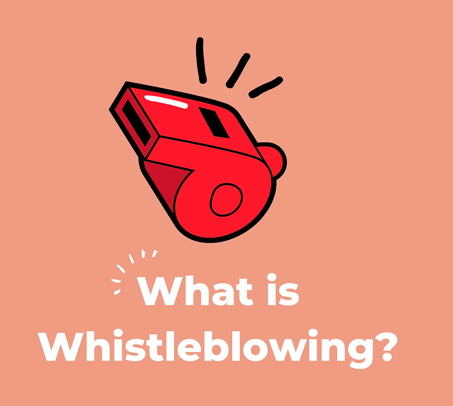What is whistleblowing
Whistleblowing is quite simply explained as a situation where an individual raises a concern about a risk, malpractice or wrongdoing that may affect patients, the public or colleagues. An example of this could be a member of the pharmacy team raising concerns that staffing levels may not be sufficient to ensure that prescriptions are dispensed accurately, affecting the safety of the patients.
Whistleblowers are afforded legal protection through the Public Interest Disclosures Act as discussed in the next section.
In order to qualify for this legal protection a whistleblower needs to satisfy three key criteria when raising their concern:
- The whistleblower must have reasonable belief that one or more of the following has taken place:
• A criminal offence.
• A breach of, or failure to comply with, a legal obligation.
• A miscarriage of justice.
• Danger to the health and safety of any individual.
• Damage to the environment.
• Concealment of any of the above. - The disclosure must be in the public interest.
- The disclosure must be made through the correct channels, such as to the individual’s employer, the police, or a regulatory authority, for example the Care Quality Commission (CQC), General Pharmaceutical Council (GPhC) or the Police Service of Northern Ireland (PSNI).

